Whenever new DCU films are announced, it is impossible to not compare them to Marvel’s MCU offerings. While this can sometimes lead to unfair comparisons, if one of James Gunn’s announcements becomes a reality, it’s clear that the DCU will be at the forefront of mainstream LGBTQ+ representation – something that Marvel has repeatedly dropped the ball on.
One of the films announced today was The Authority, a movie about the fan-favorite superhero team from DC’s now-defunct Wildstorm imprint. Making their debut in The Authority #1 in May 1999, this team presented a different take on the superhero format, featuring a group of heroes who, rather than stopping crime, aimed to prevent it from happening by shaping world events by any means necessary. This often led to the group toppling governments and getting involved in other shady schemes to guarantee society progressed as they saw fit.
The Authority officially entered the DC universe in 2011, when the New 52 event started to merge the two continuities. In 2021, the Superman and the Authority series launched, fully bringing The Authority into the mainline DC canon and to the eyes of a new generation of fans.
This team had many interesting characters, but two who stood out were Midnighter and Apollo. These characters were unmistakable parodies of Batman and Superman, but they were also an openly gay couple. Which, for the 1990s, was a big deal as LGBTQ+ representation was nowhere near as common or as widespread as it is today. On top of this, one of the core storylines of the original comics was the build to Apollo and Midnighter’s marriage, something that happened in 2002’s The Authority #29, meaning that Apollo and Midnighter are the first same-sex superhero couple to get married.
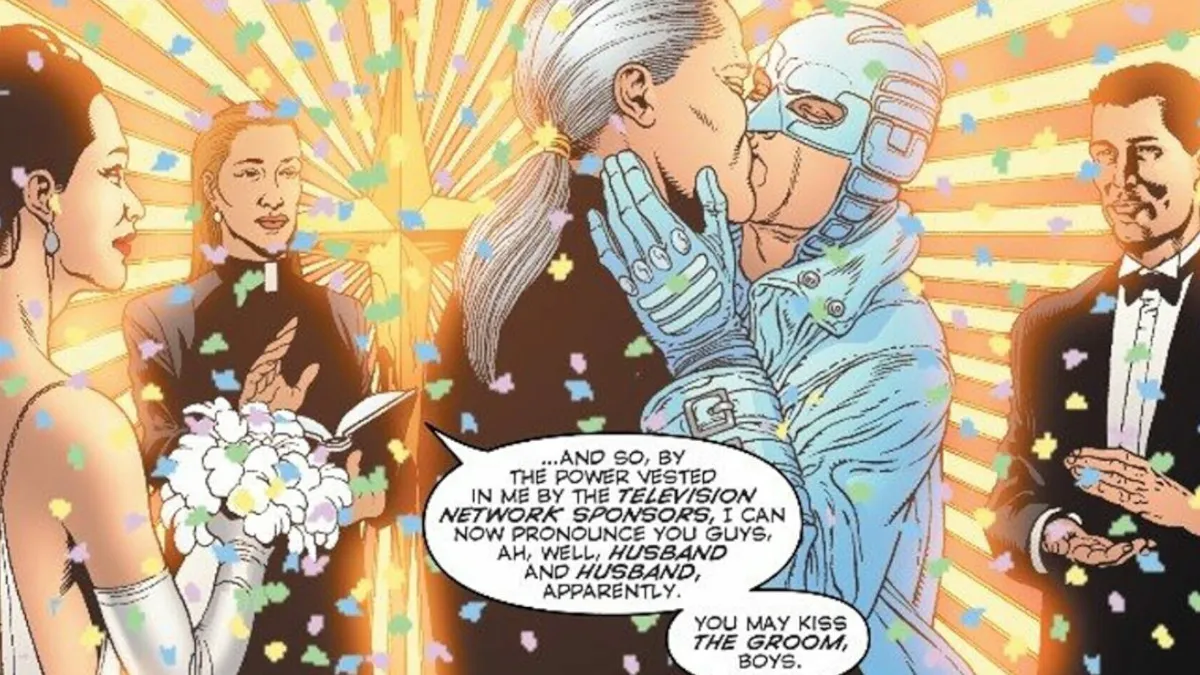
Even though the team’s move into the DC universe during the New 52 undid the marriage, it didn’t undo the relationship. It also led to another widely praised comic, the Steve Orlando and Fernando Blanco-created Midnighter and Apollo miniseries from 2016. This further built on the couple’s relationship, showing them fighting to protect each other with all they had.
And this is what makes the upcoming film so exciting. While the original comics may have dated poorly, it is impossible to tell the story of The Authority without telling Midnighter and Apollo’s love story. Their relationship is one of the foundational elements of the team, and their love for one another informs all of their actions in a way that can’t simply be relegated to the background.
Compare this to Marvel’s LGBTQ+ representation. While the franchise has been running for 15 years, viewers didn’t see an LGBTQ+ hero until Valkyrie was introduced in 2017’s Thor: Ragnarok, the 17th film in the franchise. To make this more annoying, she was only confirmed to be an LGBTQ+ woman in interviews, with any visual proof of her LGBTQ+ status being cut from the final film. Viewers wouldn’t get on-screen, in-universe confirmation of her bisexuality until Thor: Love and Thunder in 2022.
The first on-screen LGBTQ+ kiss didn’t happen until 2021’s Eternals — the 26th movie in the franchise — where hero Phastos is shown interacting with his husband, Ben. While Marvel should be commended for depicting a gay married couple on screen, this whole element felt surface-level and wasn’t given the depth of exploration it deserved. Especially as the characters and plot points in Eternals haven’t been built on since this movie’s release, making it feel like the franchise has tried to brush the film under the rug. Since then, there has been an increasing amount of LGBTQ+ representation in the MCU, with America Chavez’s lesbian mothers being shown in Doctor Strange in the Multiverse of Madness, but it still feels very surface-level, with Marvel never building on or around these LGBTQ+ characters or their storylines, often reducing representation down to blink-and-you’ll-miss-it shots.
Hopefully, James Gunn’s movie version of The Authority will show how powerful good LGBTQ+ representation can be. We can also hope this film spurs Marvel and other studios to do better with their LGBTQ+ representation – leading to more superhero films featuring LGBTQ+ narratives at their core rather than making LGBTQ+ representation something the audience needs to comb through the movie frame by frame to find.

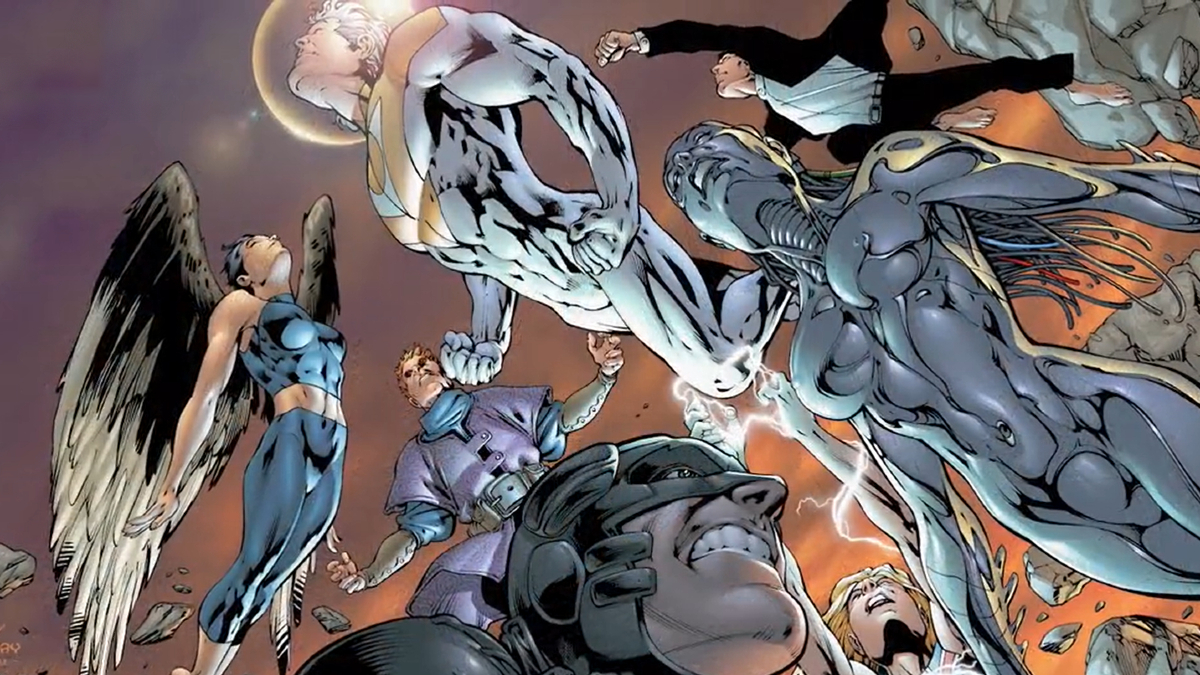

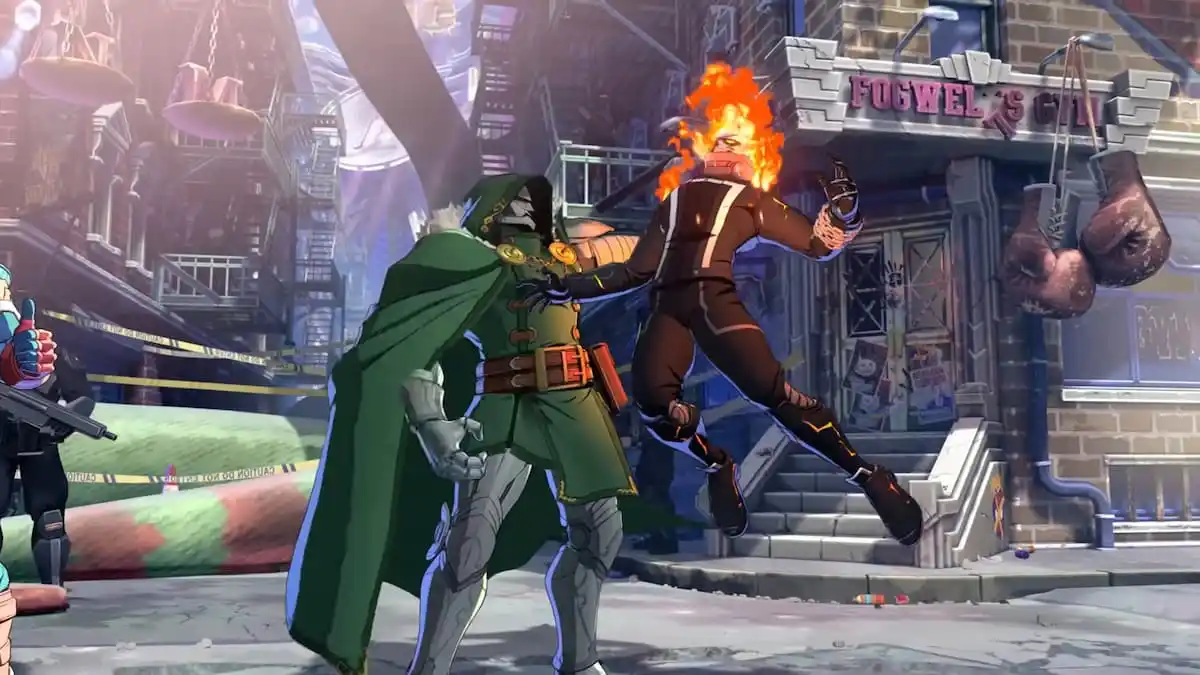



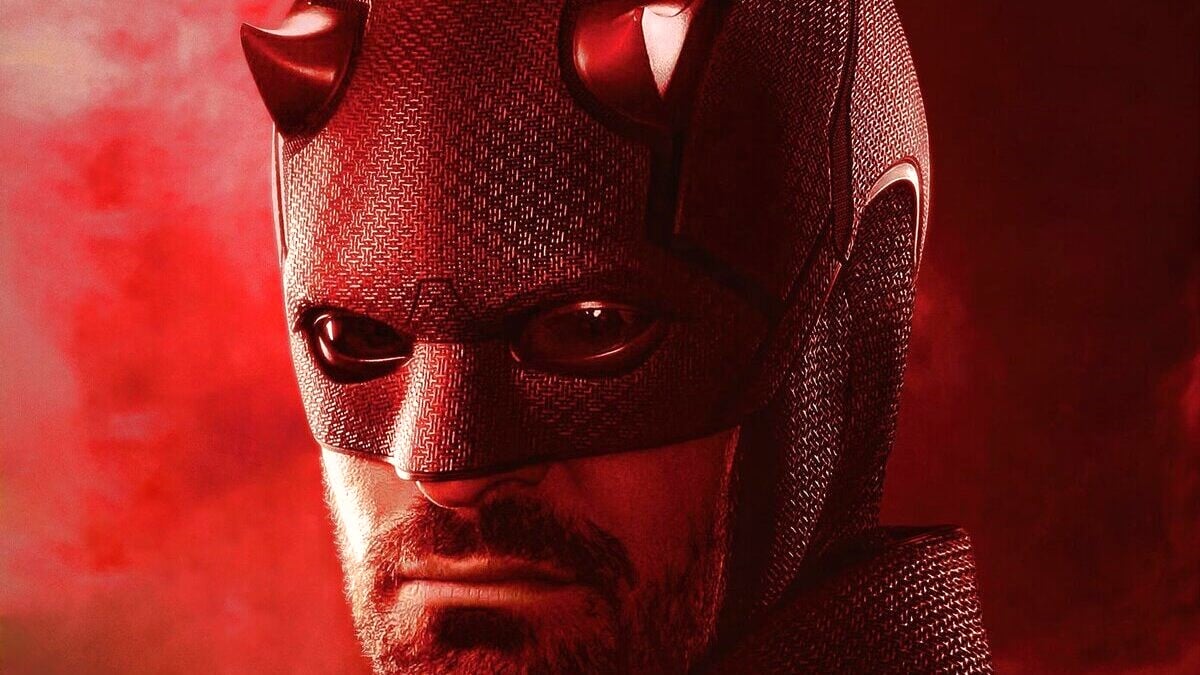
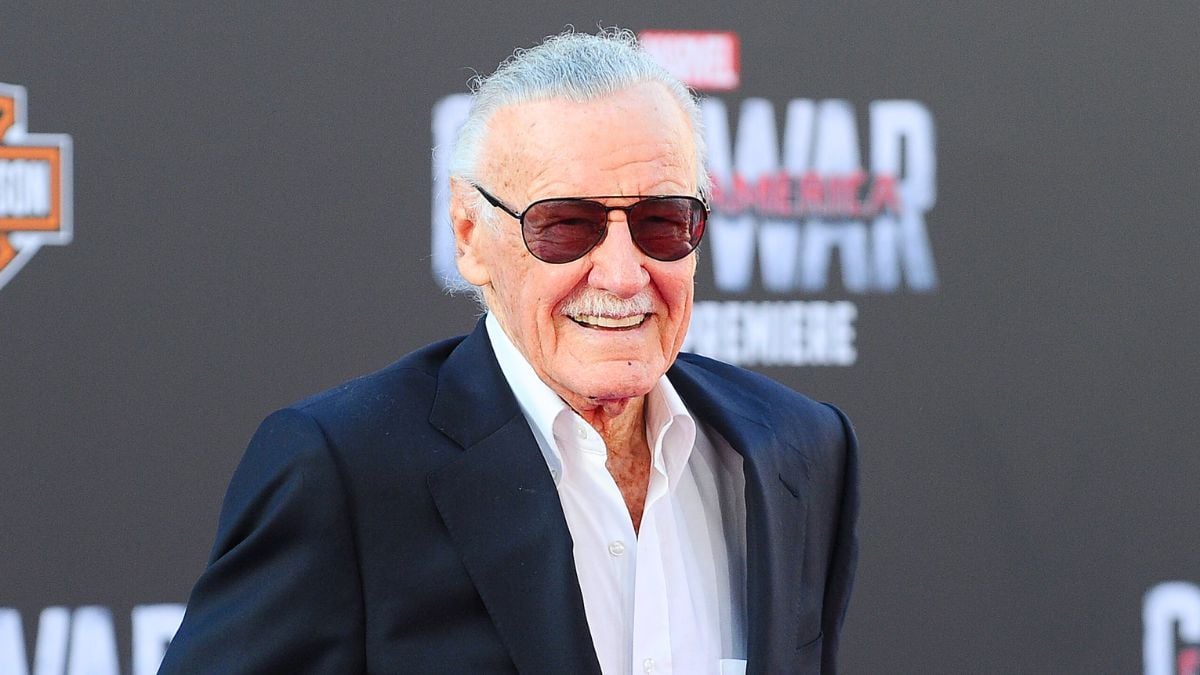
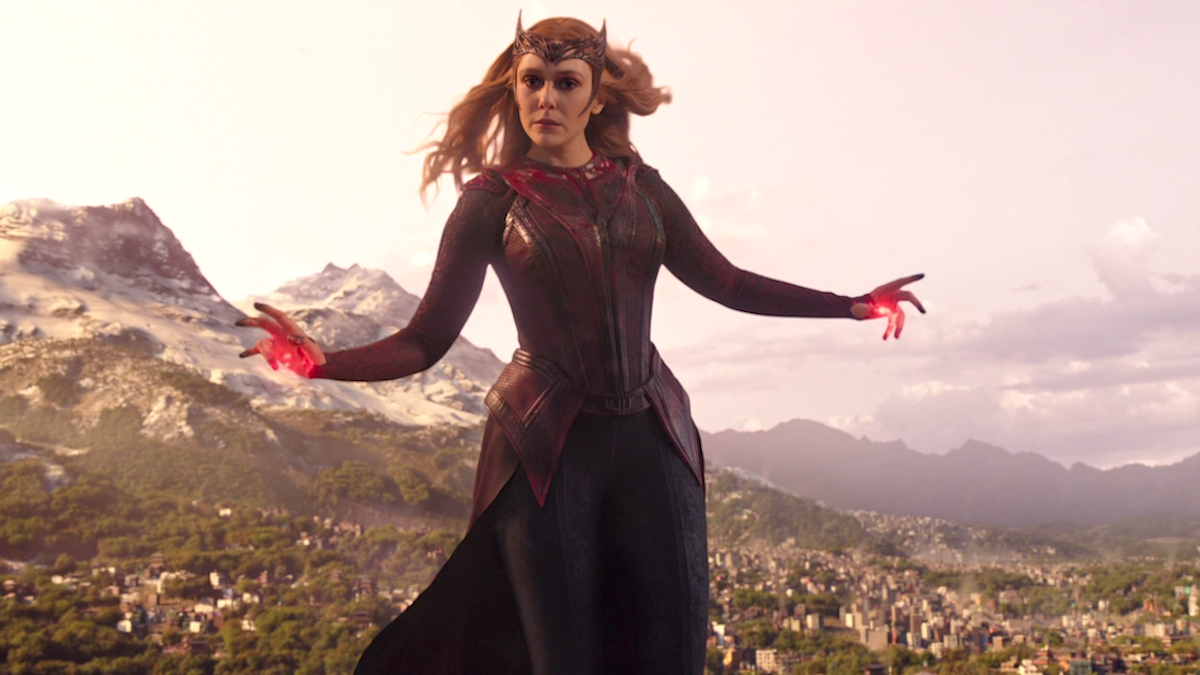
Published: Jan 31, 2023 05:38 pm